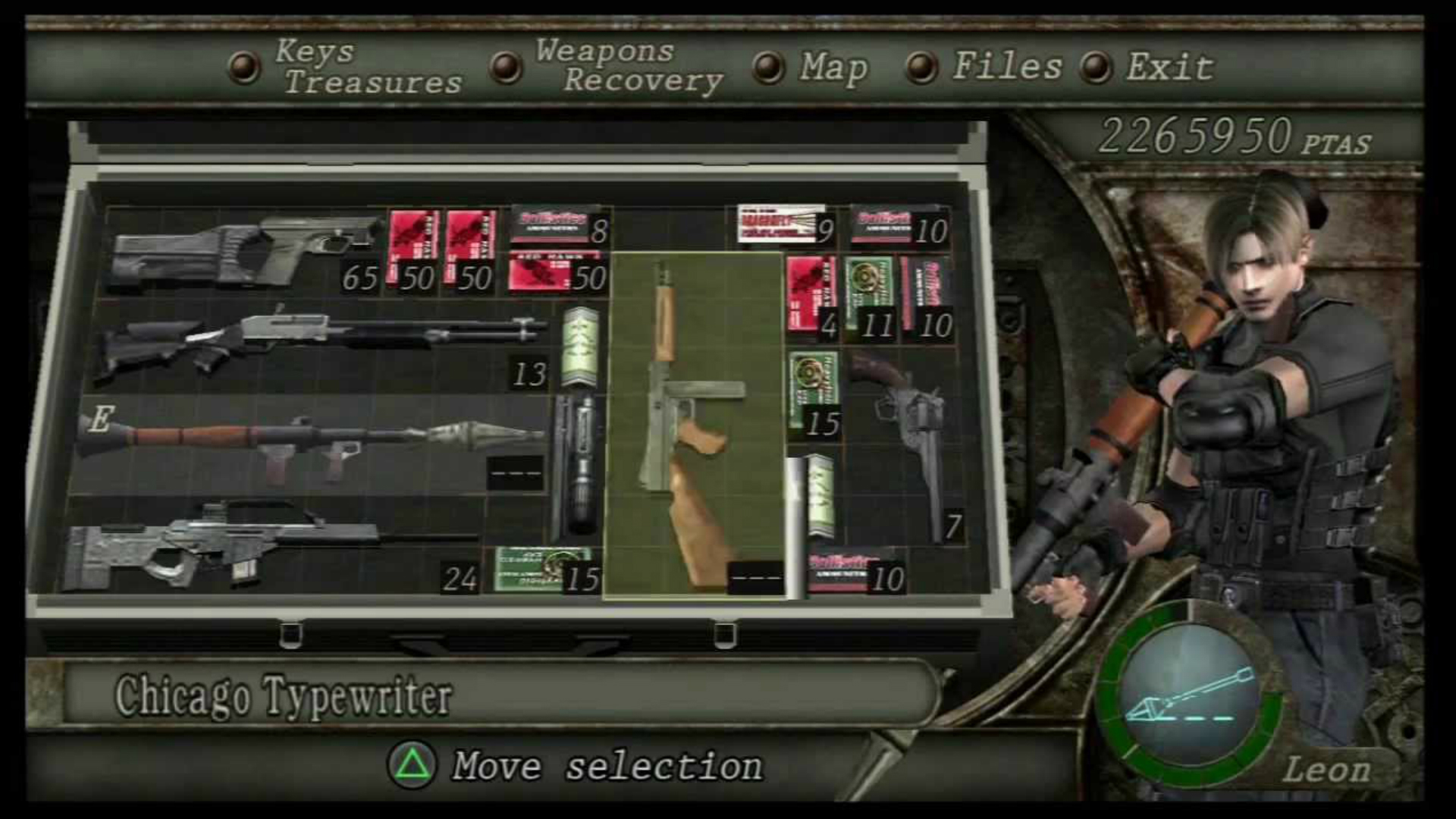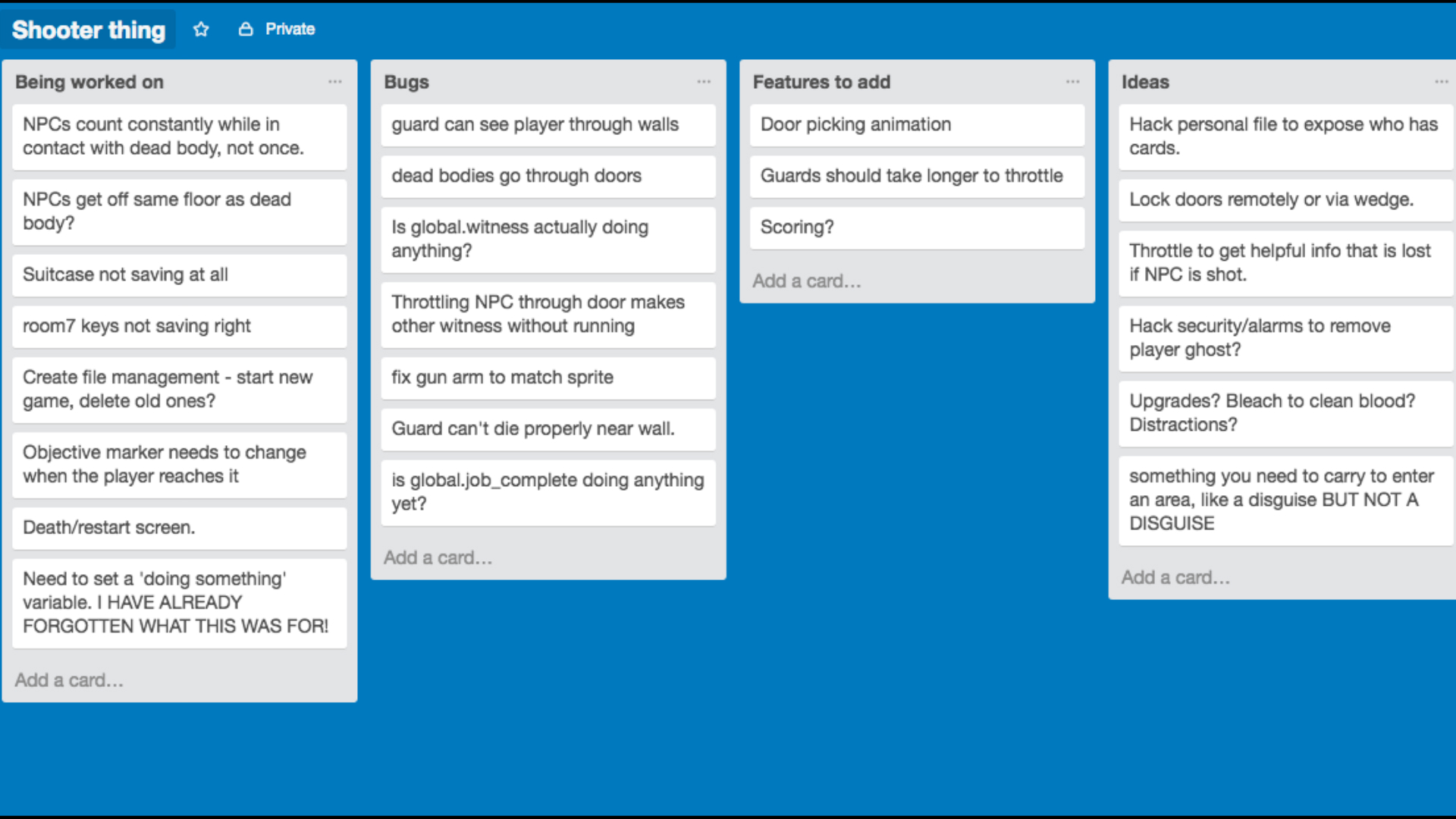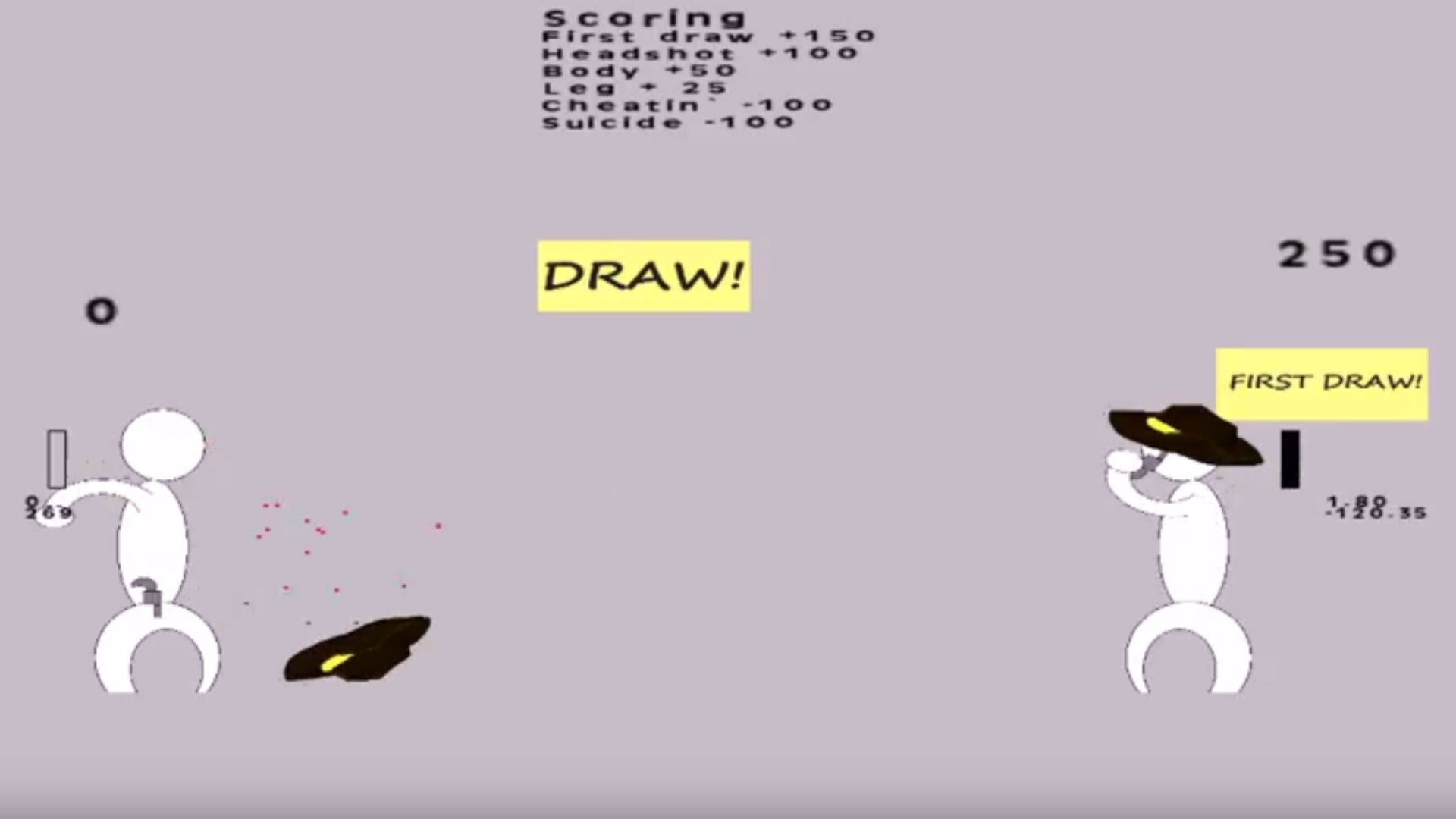How to make a videogame (with no experience)

Obviously I can’t tell you what to make or how to make it but I can give you some guidelines on planning and organising a project. It might not sound sexy but a well structured plan can make things more manageable and, most importantly, completable.
Nothing is more important than finishing something. If it’s bad you can make it better but you can’t build on nothing.
Decide what your game is going to be
Don’t decide you going to make ‘something like Dishonored’, or ‘your own version of Spelunky but better’. Drill down into specifics: how does the character move? What are the enemies and how do they attack? What’s the completion goal or win scenario? The clearer you design this now, the easier it will be later. Imagine having a vague idea about how the character moves, spending a week programming it and then it doesn’t work with how the enemies move (which you’ve also only vaguely thought about). You will make mistakes, everyone does, but you can eliminate a lot of them simply by thinking for a little while.
Get organised

Once you have a plan, then structure what you’re going to do. You could use a simple word processor or spreadsheet like Gdocs, but Trello is extremely useful as it lets you create a series of lists to organise your efforts in usefully categories like: working on, bugs to fix, features to add, ideas, done/fixed. A simple workflow like that can tightly focus development and prevent wandering between ideas.
Organise your saves and BACK UP ALL THE TIME
I can not state this enough. Firstly use a numbered saving system with notes about features - game_1_5_shooting_works - for example. It’ll help you revert to an earlier version should something happen (you’d be amazed how simple changes can alter unrelated things), and keep things easy to see and in order. Ideally you want to change the numbers as you make significant changes. Also, save in a couple of different places. A USB drive is your friend there.
Make something playable as quick as you can

As soon as you can make your character move, make it shoot. Make your enemies attack (if you're making a shooter, that is). Whatever kind of game you’re making the faster you can get things running, the quicker you can get a feel for what’s working. And you can get other people to play it and see what they think. You’d be surprised how little you actually need to make a rewarding gameplay loop. You might have wanted 20 weapons but if you can find the fun with 5 then save yourself the effort of coding and testing more than you have to.
Don’t give up but also stop when you're winning
There will come times when you can’t get something to work. It happens. You’ll look at everything, read code repeatedly and just not see what the problem is. When that happens walk away and do something else for a while. Your brain can easily get fatigued. It’s like that video game boss you can’t beat for hours one day, only to finish him first time when you come back.
Sign up to the GamesRadar+ Newsletter
Weekly digests, tales from the communities you love, and more
Conversely, when you get a feature to work or solve a tricky problem at the end of a long day also stop. End on a high and feel pleased with yourself rather than plowing on and starting something you can’t finish or fix. You’ll be more motivated if you always close on a win, and not lose sleep trying to solve problems.
You’re on your own now. Have fun!
By now you should have enough to start your game making odyssey. You’d be amazed how little effort it takes to start making something and seeing results. The first time a character moves, or a bullet hits something should be more than enough reward to spur you onto the next challenge. And remember, even someone like Kojima or Levine sat down at a computer one day and thought, “I have no idea what I’m doing”.
Current page: How to make a game: organising your game
Prev Page How to make a game: Learning the basics
I'm GamesRadar's Managing Editor for guides, which means I run GamesRadar's guides and tips content. I also write reviews, previews and features, largely about horror, action adventure, FPS and open world games. I previously worked on Kotaku, and the Official PlayStation Magazine and website.


